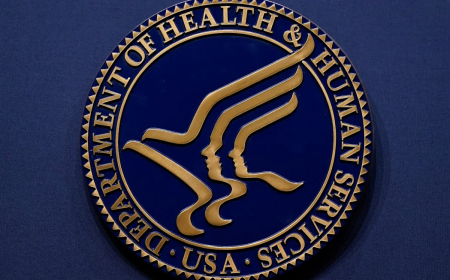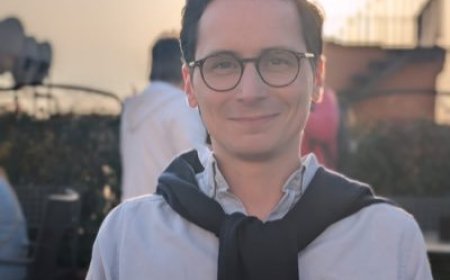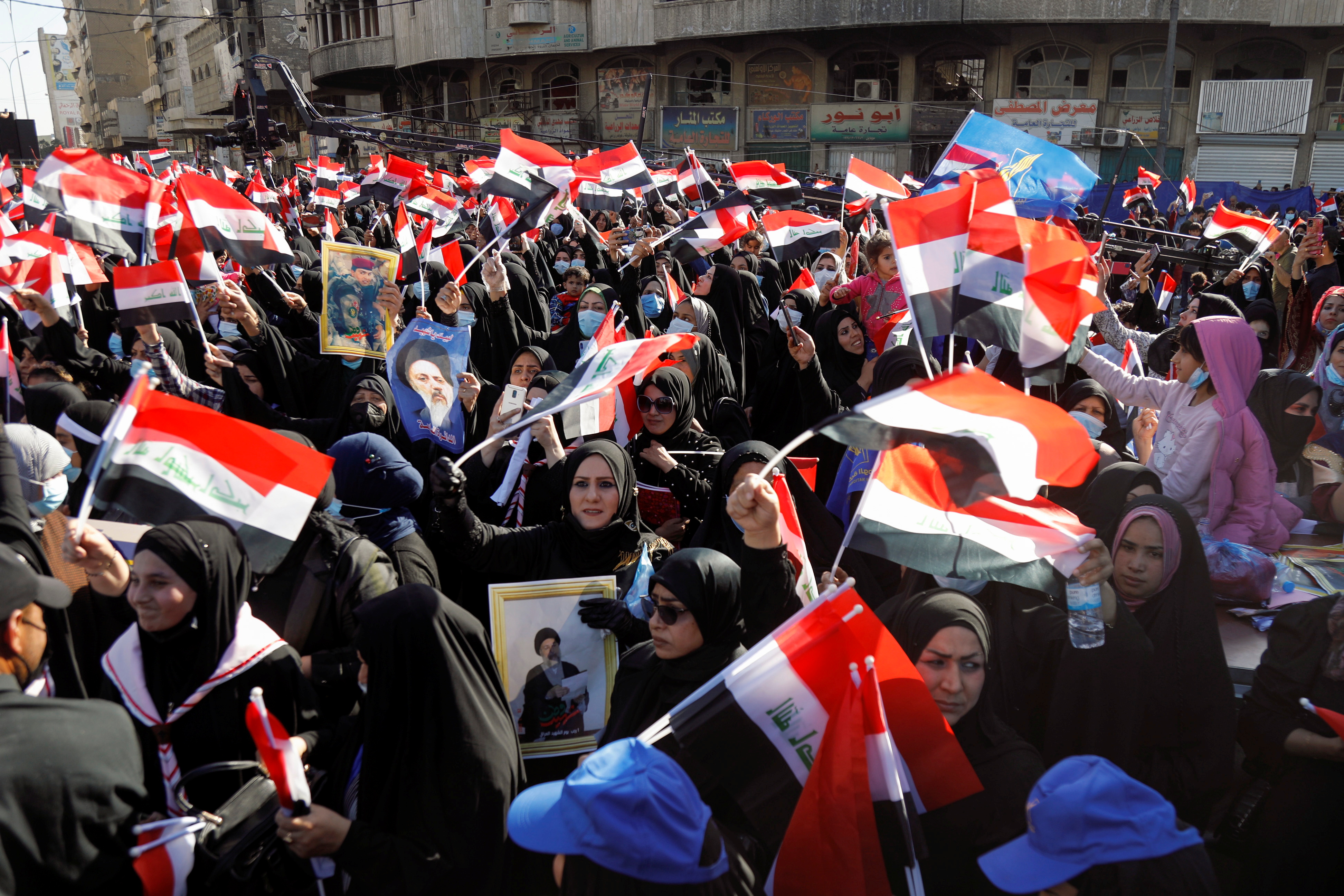President Nechirvan Barzani and the Diplomacy of Balance: An Emblem of Political Moderation
Sirwan Abdulkarim Ali / Politician and academic
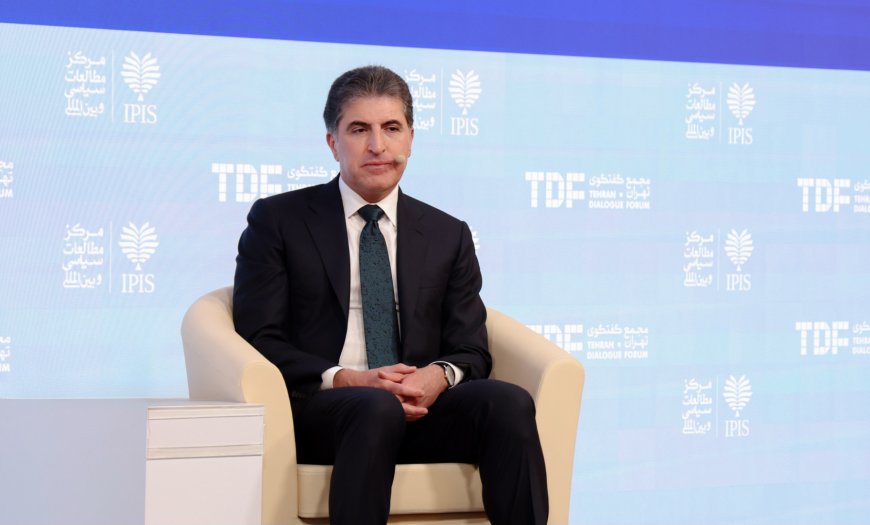
Iranian-Kurdish relations are entering a new phase of strategic cooperation, clearly demonstrated during Kurdistan Region President Nechirvan Barzani's visit to Tehran to participate in the Tehran Dialogue Forum. Throughout this visit, His Excellency emerged as a moderate political figure with significant regional and international influence, displaying exceptional diplomatic skills acknowledged by both allies and opponents.
President Nechirvan Barzani's visit to Tehran received prominent coverage in Iranian media, where he was welcomed with high-level official reception upon arrival. Iranian media outlets highlighted His Excellency’s fluent Persian, which impressed forum participants. This reflects one of His Excelency's diplomatic strengths – his linguistic prowess and ability to communicate in multiple languages, facilitating bridge-building with various parties.
During his participation in the Tehran Dialogue Forum, President Nechirvan Barzani distinguished himself as a contemporary politician with a clear strategic vision for the region, emphasizing the implementation of the Iraqi constitution as the optimal solution for Iraq's internal challenges. In his address, he highlighted the historical, cultural, and linguistic ties binding the Kurdistan Region to Iran, noting that approximately 60% of trade exchange between Iran and Iraq passes through the Kurdistan Region.
President Nechirvan Barzani demonstrated political astuteness in addressing sensitive topics, particularly regarding regional security, affirming that the Kurdistan Region "will not be a source of threat to neighbors, especially the Islamic Republic of Iran." This clear position reflects his policy of moderation and balance in relations with neighboring countries.
In his meetings with Iranian leadership, His Excellency reinforced his unwavering stance against violence and terrorism in all forms. Addressing the issue of the Kurdistan Workers' Party (PKK), he emphasized that "the Kurdish issue cannot be resolved through war and bloodshed," expressing the Kurdistan Region's readiness to play a supportive role in any peaceful resolution efforts. This principled position against violence and terrorism has established President Nechirvan Barzani as a trusted partner in the region and an acceptable interlocutor for all parties. The recent announcement by the PKK to dissolve itself and lay down arms, which the President promptly welcomed, demonstrates his commitment to supporting initiatives aimed at achieving peace and stability in the region.
During his dialogue with Iranian media, President Nechirvan Barzani emphasized his commitment to federalism within a united Iraq, stating: "We say that we live in a geography called Iraq. We need to define a model of administration that satisfies everyone in Iraq. This model is defined in the Iraqi constitution, which 80% of Iraq's people voted in favor of." He explained that the main issue is the lack of implementation of a genuine federal system, indicating that "if they want to implement the constitution, Iraq will be able to resolve most of the current problems between the Kurdistan Region and Baghdad." This logical and moderate approach reflects Barzani's method of addressing contentious issues through dialogue and consensus, away from extremism and confrontation.
President Nechirvan Barzani's ability to speak fluently in Persian during the forum was not merely a display of linguistic skill but a deliberate diplomatic gesture that resonated deeply with his Iranian hosts. This cultural familiarity stems from his personal history, having spent significant time in Iran during his formative years. When asked about his connections to Iran, His Excellency touchingly recalled, "Iran was the country that received us when we came as refugees; in fact, we weren't even treated as refugees or guests, but as members of the household."
His familiarity with Iranian culture and politics has enabled him to navigate complex regional dynamics with exceptional understanding. As he mentioned during the forum, the relationship between Kurdistan and Iran is built on "historical and cultural ties that cannot be forgotten," demonstrating how cultural understanding serves as a foundation for his diplomatic approach.
His Excellency's handling of the PKK issue exemplifies his balanced approach to regional conflicts. While acknowledging Turkey's security concerns, he maintains that Kurdish rights must be addressed through peaceful means. His statement that "our role in Iraqi Kurdistan is to be helpful, we do not interfere in Turkey's internal affairs" illustrates his careful positioning as a facilitator rather than a partisan actor. This balanced stance extends to his view on implementing the Iraqi constitution, where he articulates Kurdish aspirations while seeking practical solutions within the framework of Iraqi unity. By consistently advocating for constitutional implementation rather than unilateral action, the President has established himself as a pragmatic leader who prioritizes stability and legal frameworks over ideological positions.
Through his visit to Tehran and participation in the Tehran Dialogue Forum, President Nechirvan Barzani has proven himself to be a contemporary and moderate regional politician with high diplomatic capabilities and a clear strategic vision for the region. Through his balanced positions and flexible diplomatic language, he has enhanced the Kurdistan Region's position as an active and influential player in the regional equation and opened new horizons for cooperation with the Islamic Republic of Iran across various fields. This visit, with its high-level meetings with Iranian leadership, constitutes an important step toward strengthening bilateral cooperation between the Kurdistan Region and Iran. It opens promising prospects for the future of relations between the two sides amid the accelerating regional changes the area is witnessing.

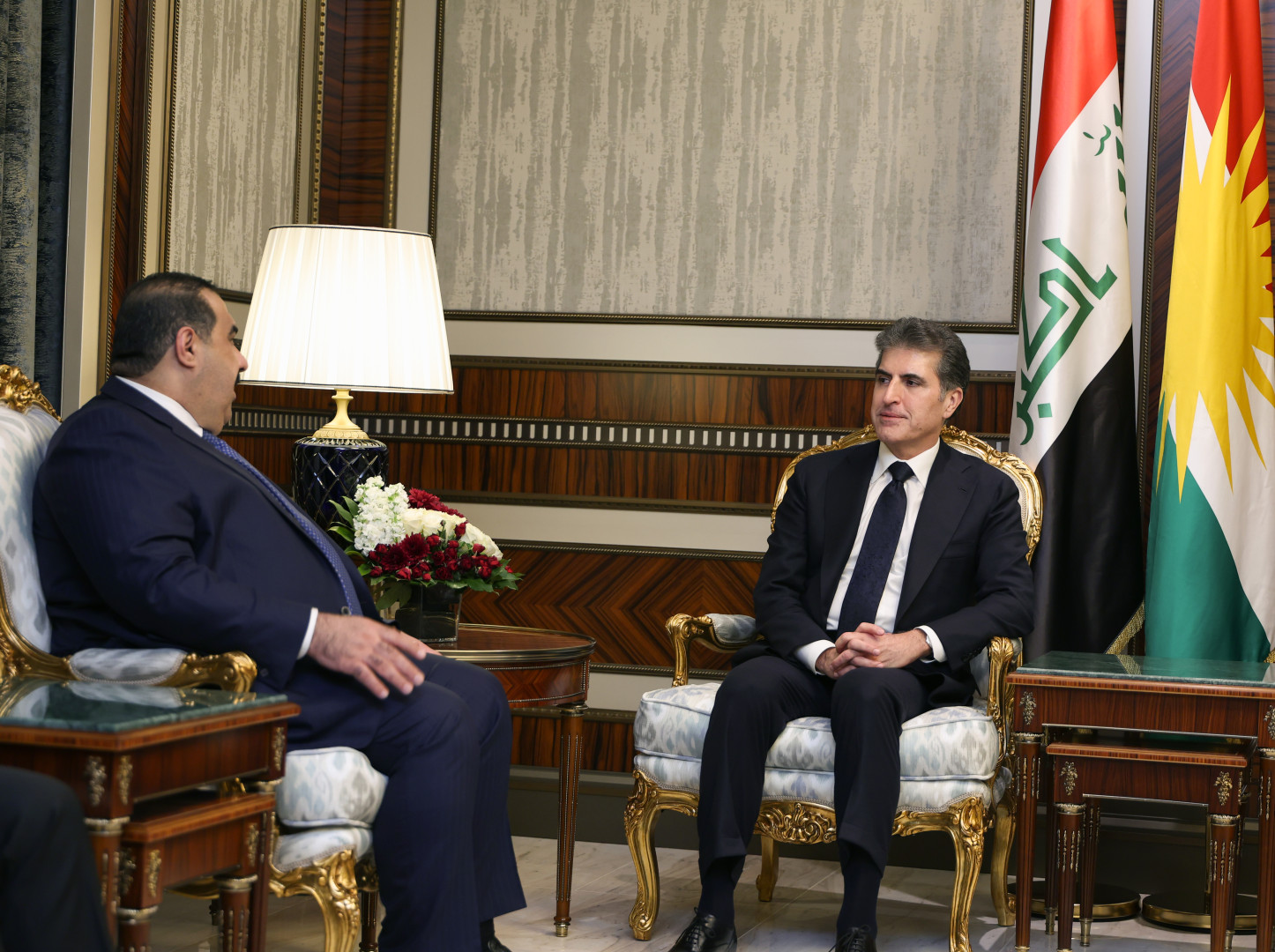

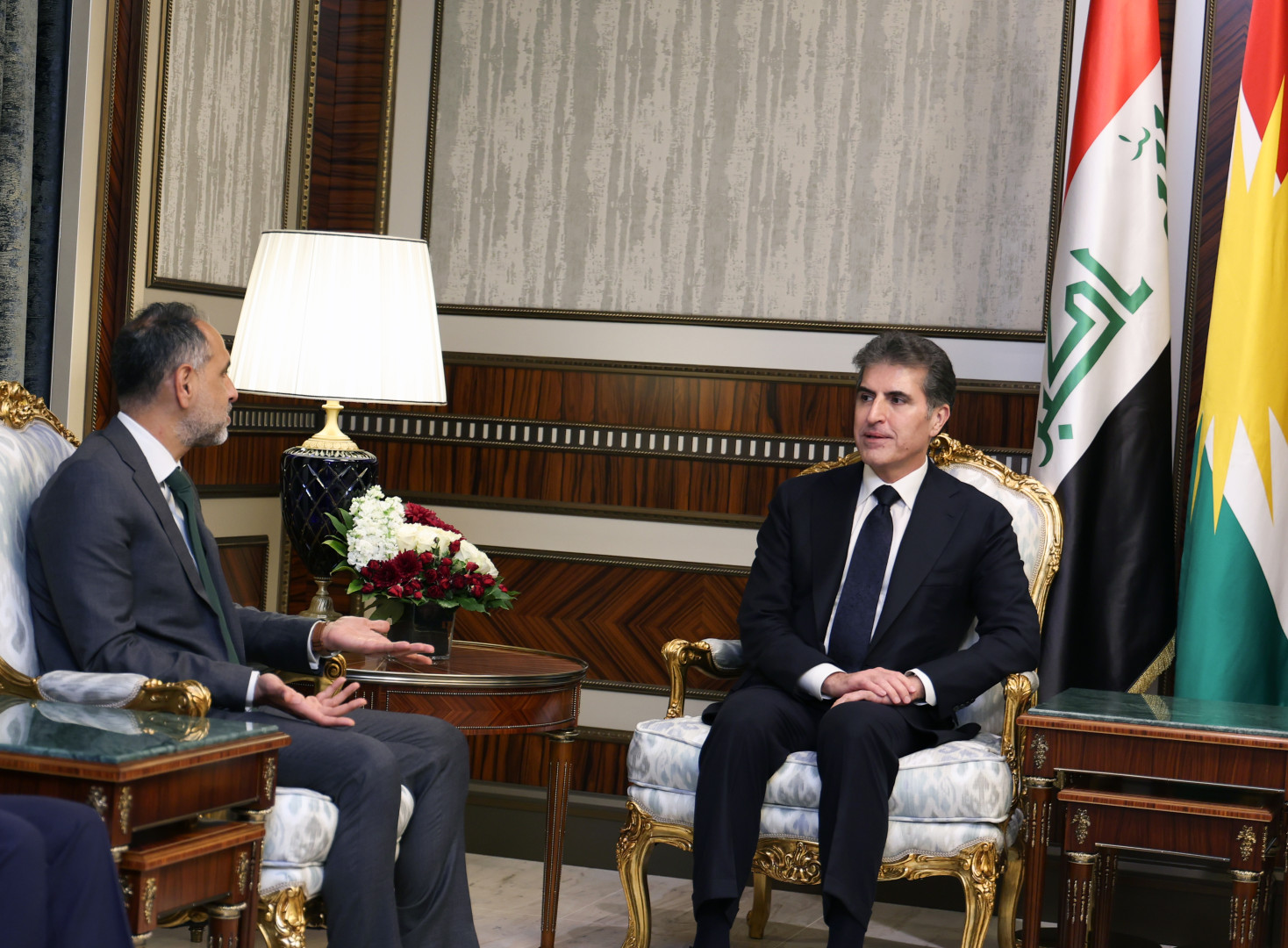



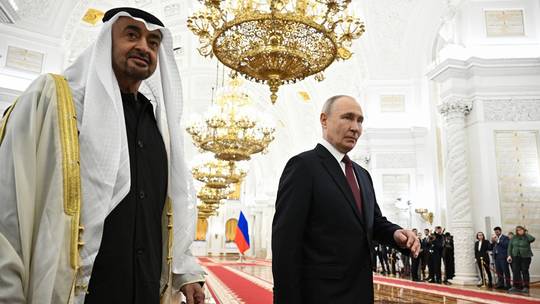
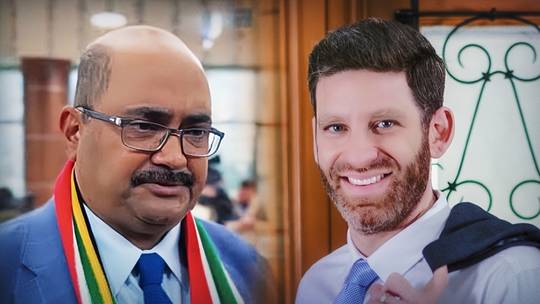









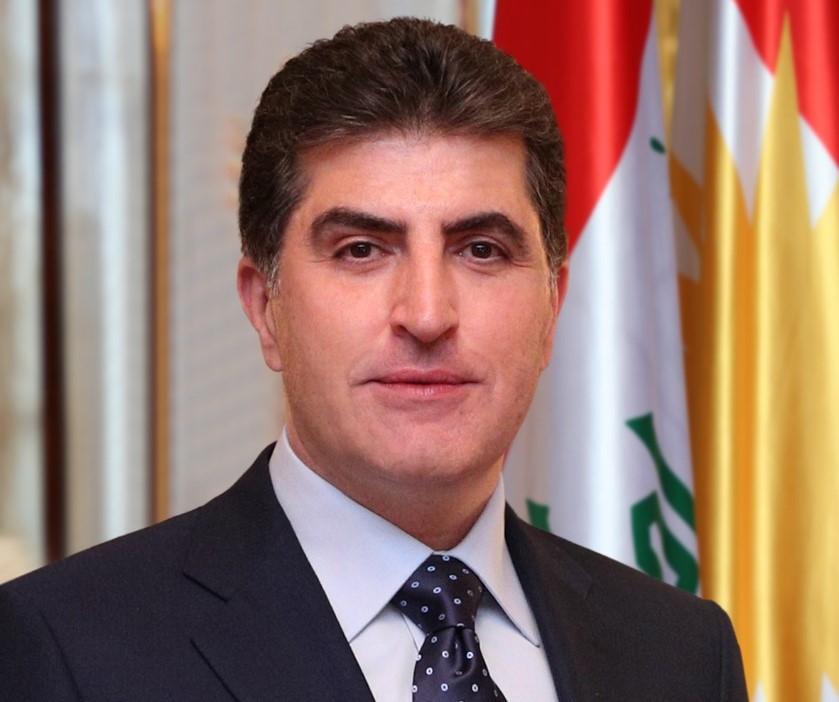



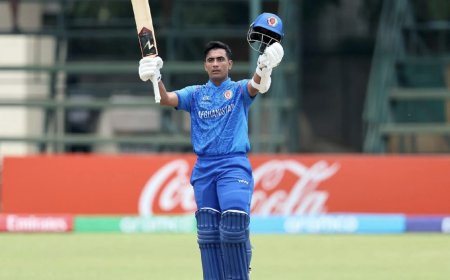
/file/attachments/orphans/IMG_9103_429753.jpeg)






















